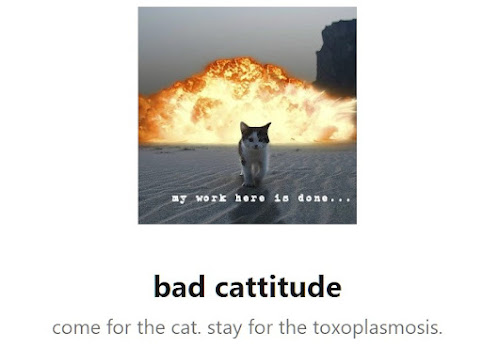From "The Pround Holobionts" Wednesday, June 15, 2022
Do we focus too much on CO2 alone? An appeal for the conservation of natural ecosystems
Have we exaggerated with the idea that CO2 -- carbon dioxide -- is the arch villain of the story? Aren't we overemphasizing solutions that imply CO2 removal? How about geoengineering, sometimes touted as "the" solution that will allow us to keep going on burning fossil fuels?
There is no doubt that the emissions of carbon dioxide are returning the ecosystem to a condition that was never seen before at least one million years ago. There is no doubt that CO2 is warming the planet and that none of our Sapiens ancestors ever breathed in an atmosphere that contains a concentration of CO2 of 420 parts per million -- as we are doing.Here is a reminder by a group of people from Eastern Europe who managed to maintain a certain degree of mental sanity. They remind us of the damage we are doing. Will anyone listen to them? (UB)
Appeal to the international community, governments, scientific, public organizations and business
https://www.es-partnership.org/wp-content/uploads/2021/06/Appeal_Protect-Ecosystems.pdf
RECOGNIZE THE VALUE AND ROLE OF NATURAL ECOSYSTEMS FOR CLIMATE CHANGE!
Terrestrial and marine natural ecosystems are the basis for preservation of biological life on Earth. They have existed almost unchanged for millions of years and all this time have supported climate stability, biochemical flows, global water circulation and many other processes, irreplaceable and essential for preservation of life on our planet. Undisturbed natural ecosystems maintain the Earth's temperature, suitable for human life.
However, over the past decades, human activities aimed at meeting the needs for food, energy and
water have caused unprecedented changes in ecosystems, including land degradation and deforestation. These changes have helped improve the lives of billions of people, but at the same time, they have destroyed nature's ability to regulate the environment and maintain the climate.
According to current estimates, more than 75% of natural ecosystems are subject to degradation and loss of their functions, which undermines all efforts to preserve the climate and threatens the achievement of SDGs, including hunger, disease and poverty eradication.
Humanity is standing on the edge of a precipice. Over-threshold disturbance of ecosystems leads to
irreversible loss of the gene pool, up to complete disappearance of ecosystems. In the face of growing efforts and understanding of the threat of climate change, it is now necessary to recognize and support the unique role of natural ecosystems in preserving the climate and a vital environment. International climate policy adjustments and fundamental changes in national development strategies are required.
We call to wake up and recognize the fundamental and irreplaceable value of natural ecosystems and for strong and urgent action, including:
- To recognize the goal of preserving natural ecosystems as humanity’s highest priority and stop their further destruction through adopting a global moratorium on any further development of territories still untouched by human activities, with international support mechanisms, including funding.
- Promotion of large-scale natural reforestation is an urgent task. Climate-regulating functions of forests, associated with the ability to retain soil moisture and maintain continental water transfer, are their main value, which are orders of magnitude higher than the cost of wood. Undisturbed forests should be completely removed from economic activity by law and allocated to a separate category with the maximum degree of protection.
- At all levels, from international to regional, national and local, it is necessary to review ongoing development strategies and take urgent measures to protect natural ecosystems and wildlife. It is necessary to adjust all sectoral policies, including agricultural practices, in order not only to meet the demand for food, but also to minimize the burden on natural ecosystems
- A transition from conventional sectoral management to basin and ecosystem management is required, including raising the status of nature conservation goals. Water resources management should ensure that natural ecosystems are guaranteed priority in water supply that is necessary for their conservation, as well as protection and restoration of aquatic and other ecosystems - from mountains and glaciers to deltas and reservoirs.
- Measures aimed at preserving natural ecosystems also require a review of existing incentives and tools and creation of new ones, so that ecosystem services are no longer perceived as free and unlimited, and their management takes into account the interests and roles of the populations and local communities which directly depend on them and are their custodians.
--------------------------------------------------------------------------------------------------------------------------
International Socio-Ecological Union, Eco-Forum (of 54 public organizations) of Kazakhstan,
Association (non-governmental organizations) «For Sustainable Human Development of Armenia»,
Eco-Forum (independent non-governmental organizations) of Uzbekistan, as well as professional and non-governmental organizations of Armenia, Moldova, Russia, USA and others

